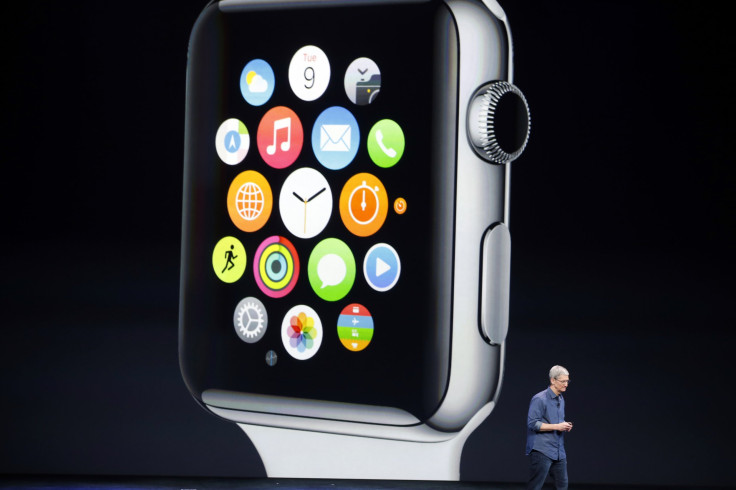Apple Watch Will Not Have Health Features

Early speculation had it that the Apple Watch would be a cutting edge health tracking device that would measure not only heart rate and steps but also blood pressure, stress and would throw insights into heart activity. It emerged last summer that Apple executives held a meeting with representatives from the Food and Drug Administration in which they discussed the regulations surrounding a device that included a glucose meter. Now Apple is saying that getting those sensors to work properly for all body types was more of a challenge than Apple had initially anticipated.
Apple initially experimented with sensors that measured skin conductivity to gauge stress levels, but struggled to get consistent performance when they were tested on people with dry skin or hairy arms. The ability to passively monitor glucose levels without breaking skin would be an achievement that could give unprecedented insight into someone’s diet. It has long been cited as a particularly difficult challenge by medical and health tracking device makers. Another issue for Apple was the uncertainty over how such a health monitoring device would actually be regulated.
In a meeting in December 2013 the FDA said that it wouldn’t need to regulate a glucose meter that monitored blood sugar to help the wearer better understand their diet, but that it would have to step in if the meter was marketed to diabetics. Apple would therefore likely need regulatory approval if it were to interpret data from blood pressure and blood oxygen sensors to give health advice.
The much anticipated wristwatch from Apple is due out in April. It will not include the ability to measure blood pressure, heart activity of stress levels. The phone serves as a fashion accessory, provides quick notifications from your iPhone, allows you to make purchases and tracks daily activity. The Apple Watch will start at $349.
To contact the writer, email: sonali.raj@gmail.com





















